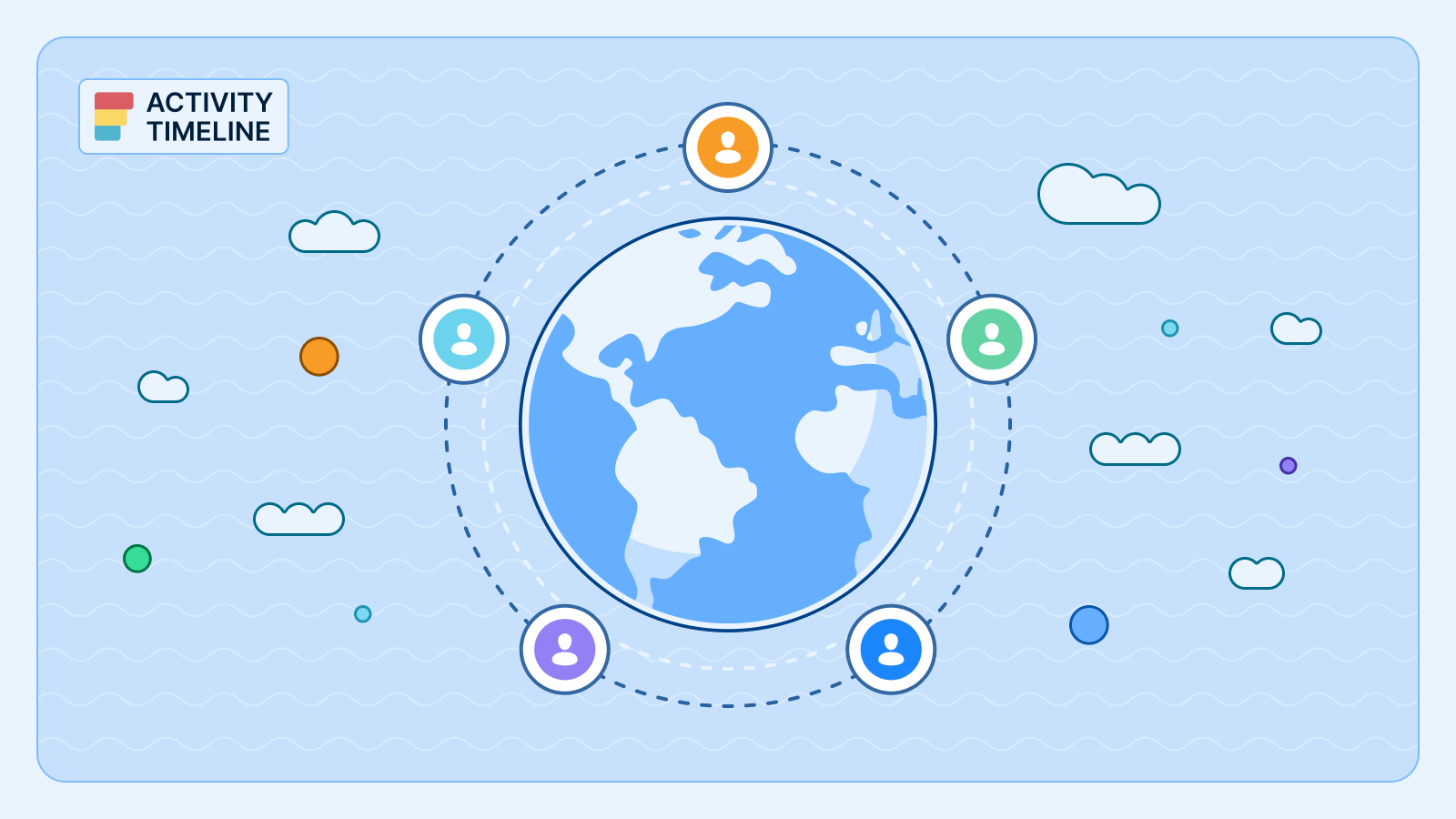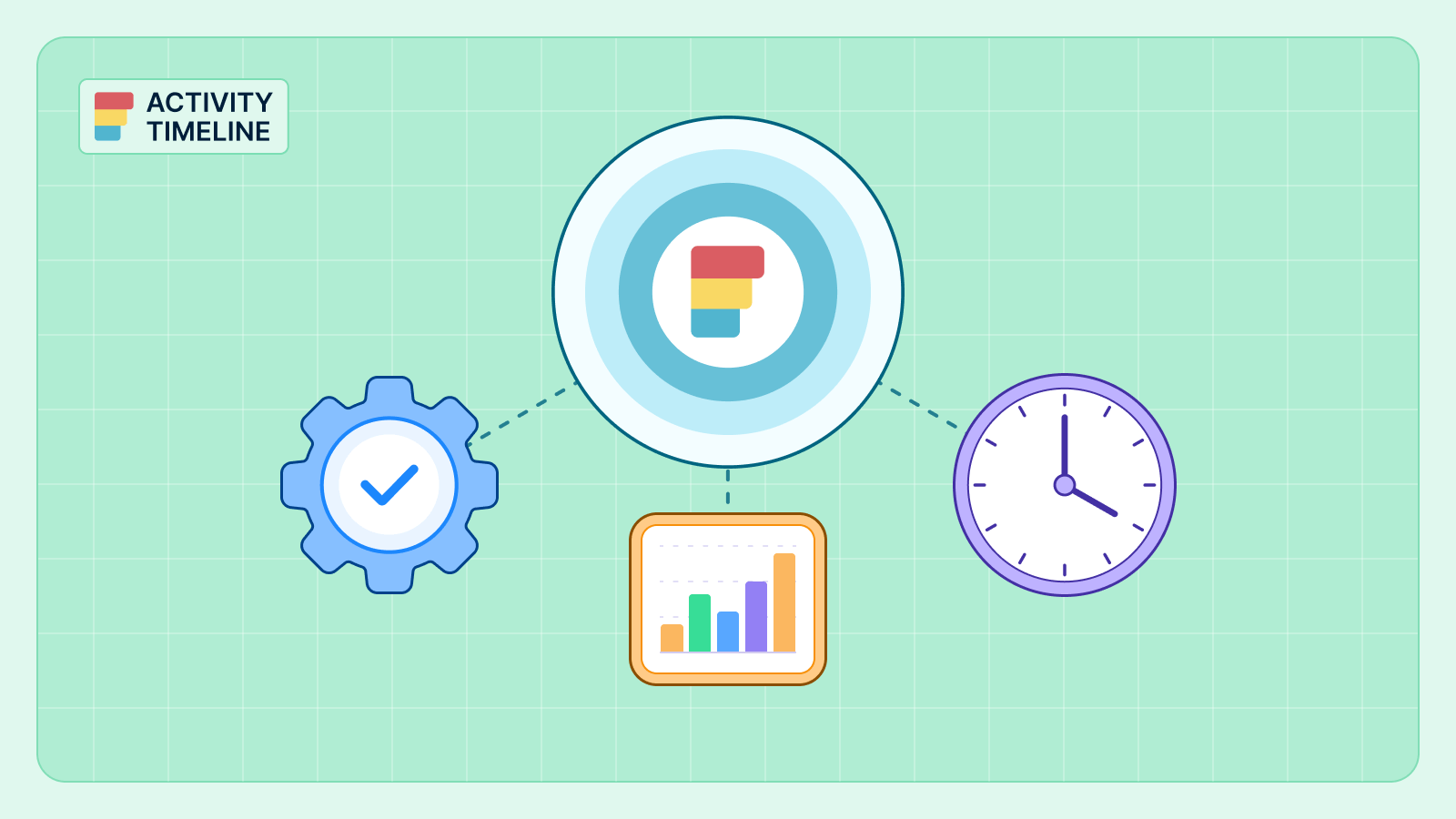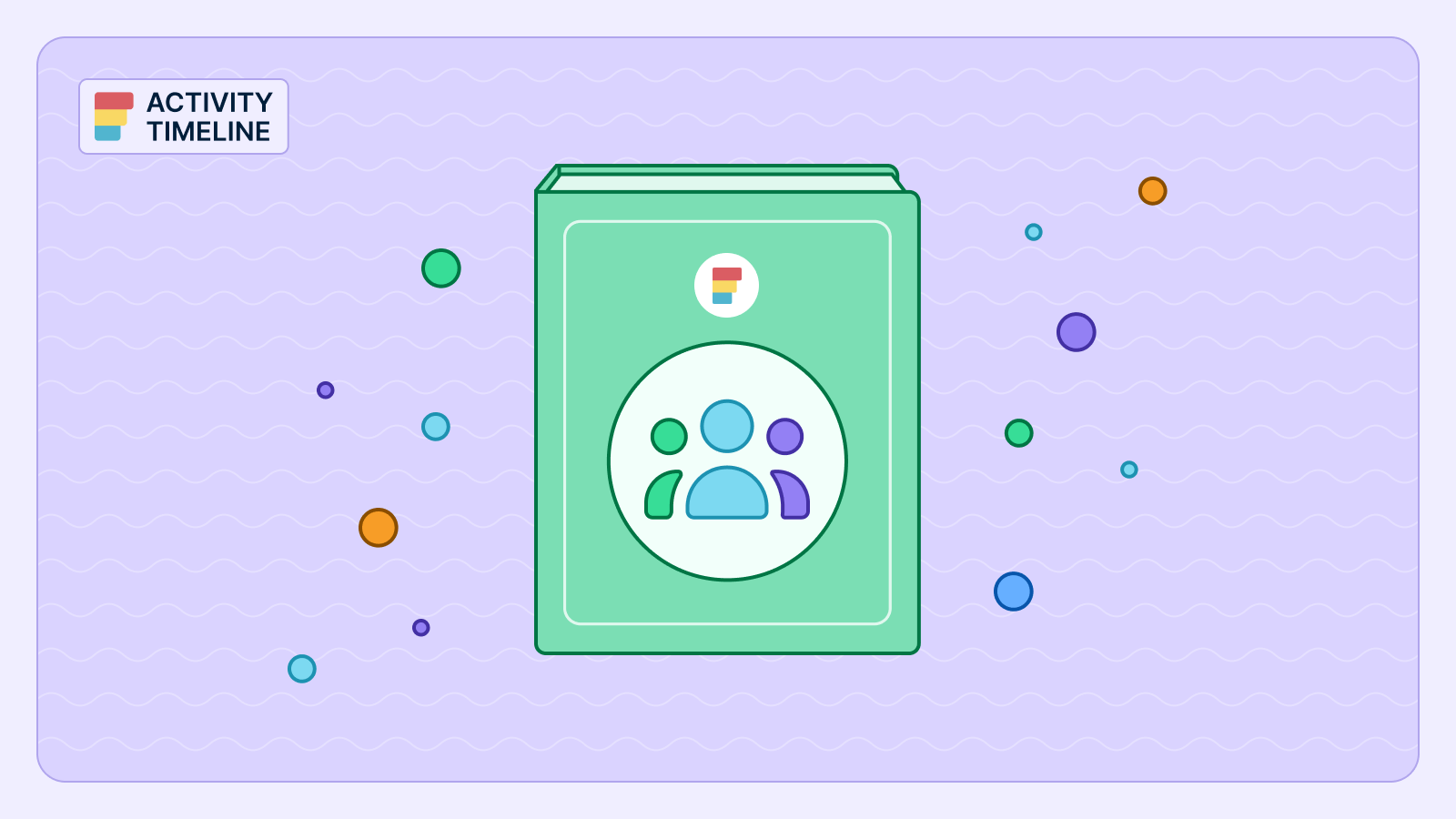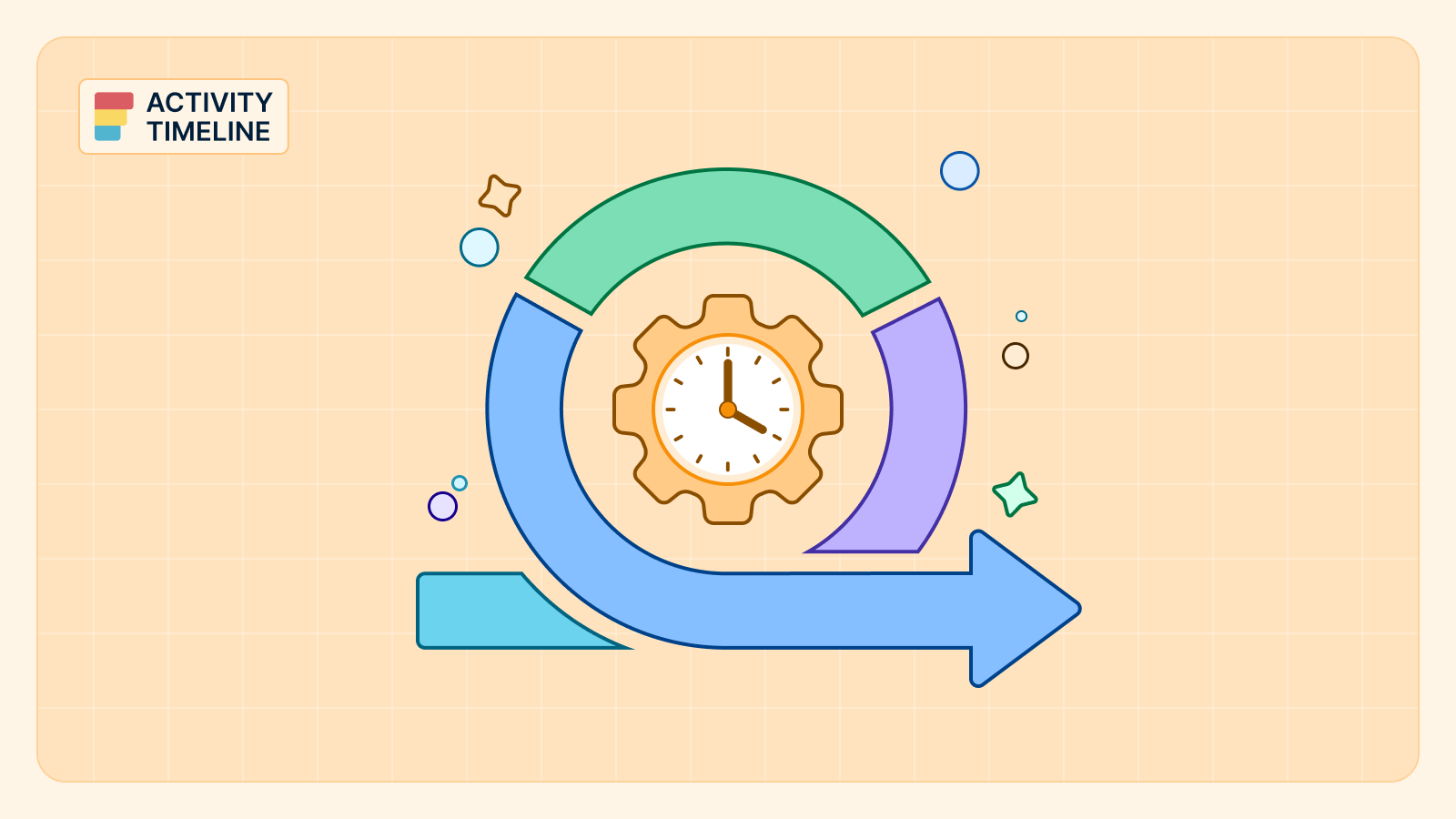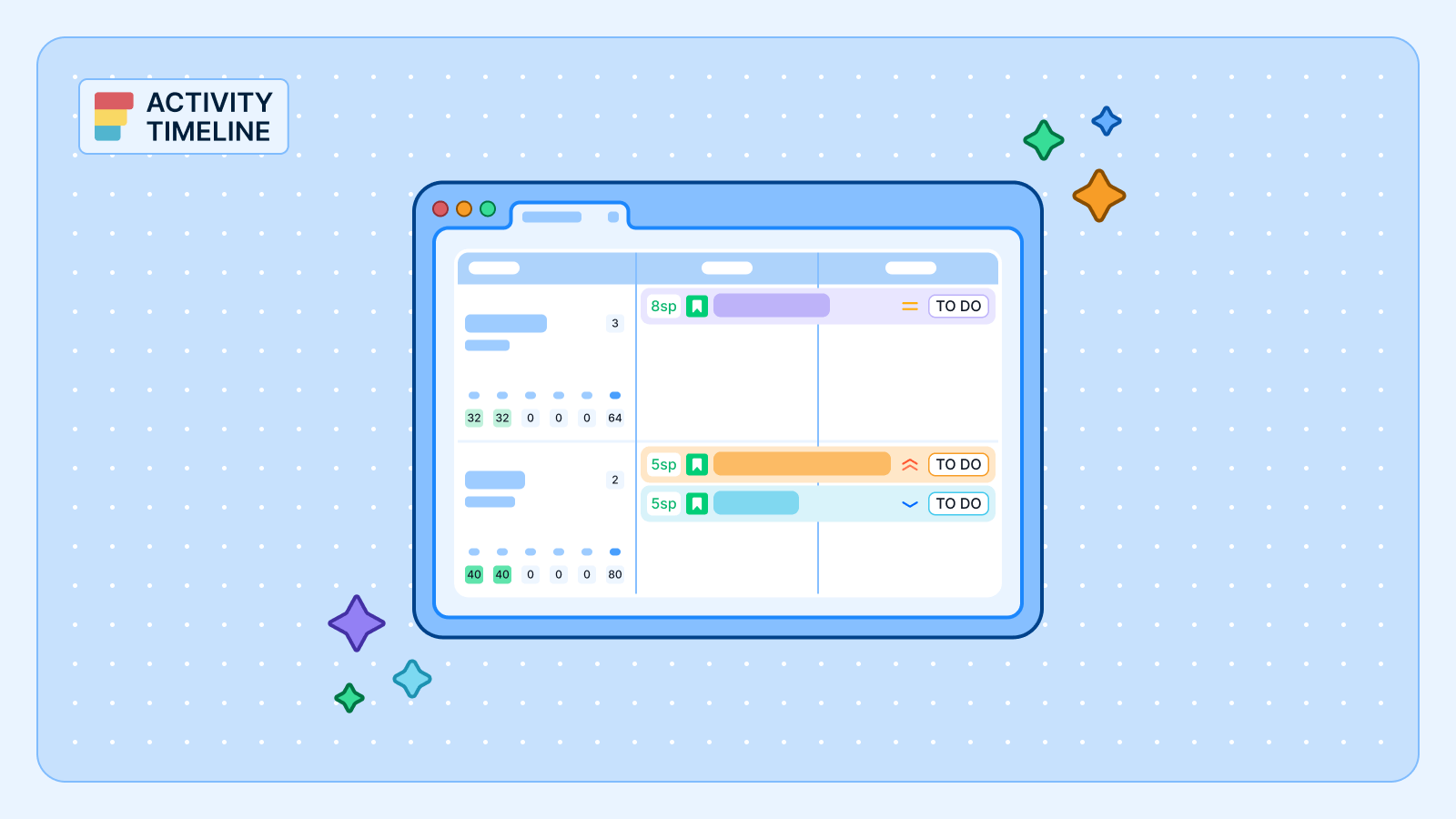{{tl-dr}}
While the ability to hire talent from anywhere offers immense advantages, it also introduces significant challenges for project managers: coordinating across time zones, understanding local holidays, and ensuring equitable workload distribution. Managing a Jira team spread across continents with traditional, static team structures often leads to communication breakdowns, scheduling nightmares, and inefficient resource allocation.
You need a smarter way to organize your distributed workforce, one that goes beyond simple manual team creation. You need a solution that leverages metadata to automatically group and manage your talent by location, making global project management feel more local.
ActivityTimeline delivers this precise capability, empowering you to create dynamic, location-based teams that streamline operations for your geographically dispersed members.
The Distributed Team Dilemma: More Than Just Time Zones
The complexities of managing distributed teams extend far beyond simply converting meeting times. Without a strategic approach to organization, you face:
- Scheduling Chaos: Coordinating meetings or planning synchronous work across multiple time zones can become an intractable puzzle.
- Resource Blind Spots: You might inadvertently assign an urgent task to a team member just as their workday ends in a different region.
- Localized Compliance: Different regions may have unique regulations, holidays, or work customs that need to be factored into planning.
- Inefficient Reporting: Generating reports or analyzing performance based on regional contributions becomes a manual, error-prone task.
- Communication Silos: Teams within the same project, but different locations, might struggle to maintain cohesion without a clear organizational structure that reflects their geographic reality.
These issues can undermine collaboration, reduce productivity, and erode team morale, highlighting the critical need for an intelligent, flexible team management solution.
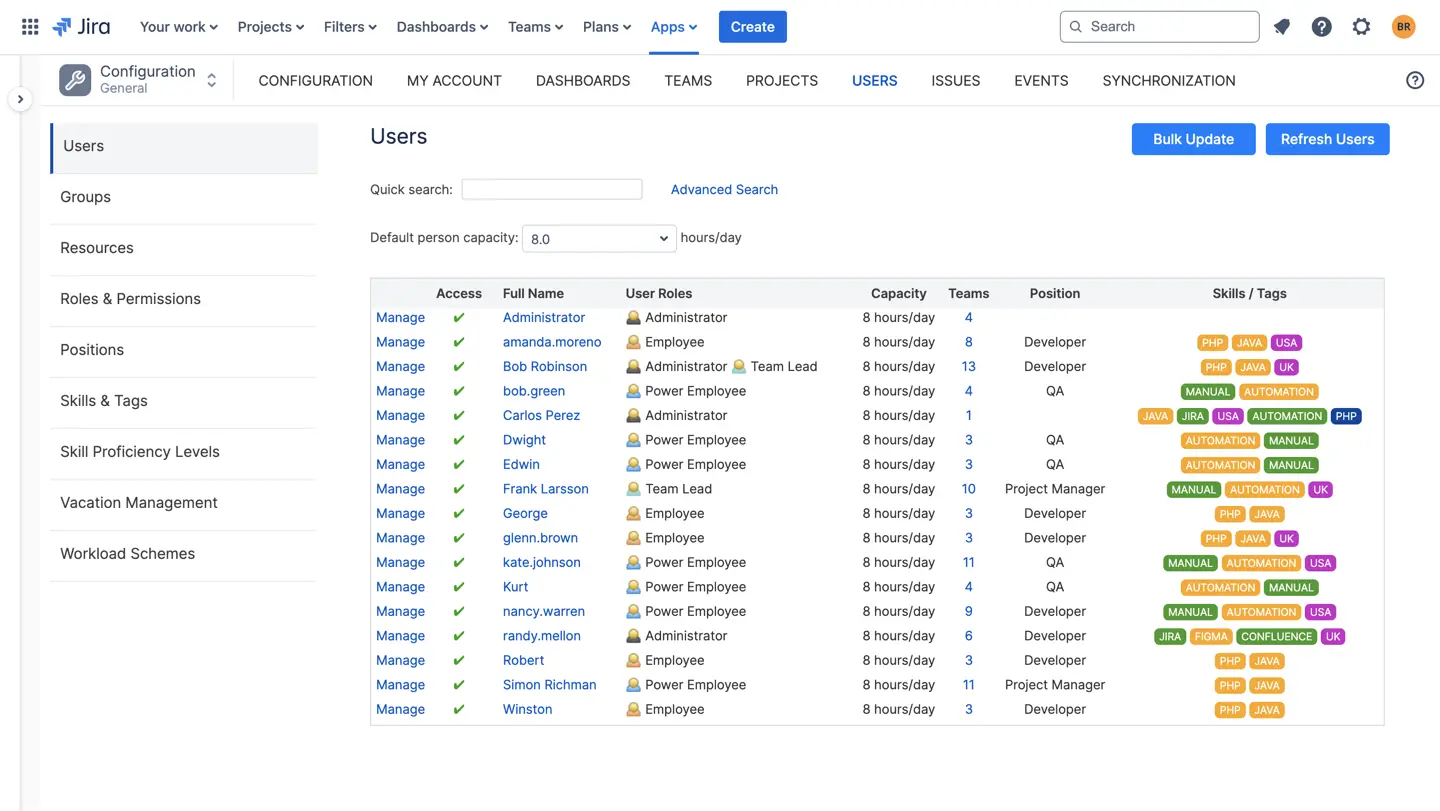
The core concept revolves around Functional (Dynamic) Teams, which are "a group of people that is formed automatically based on either its position or skillset." Instead of manually adding users, you define criteria, and ActivityTimeline populates the team for you.
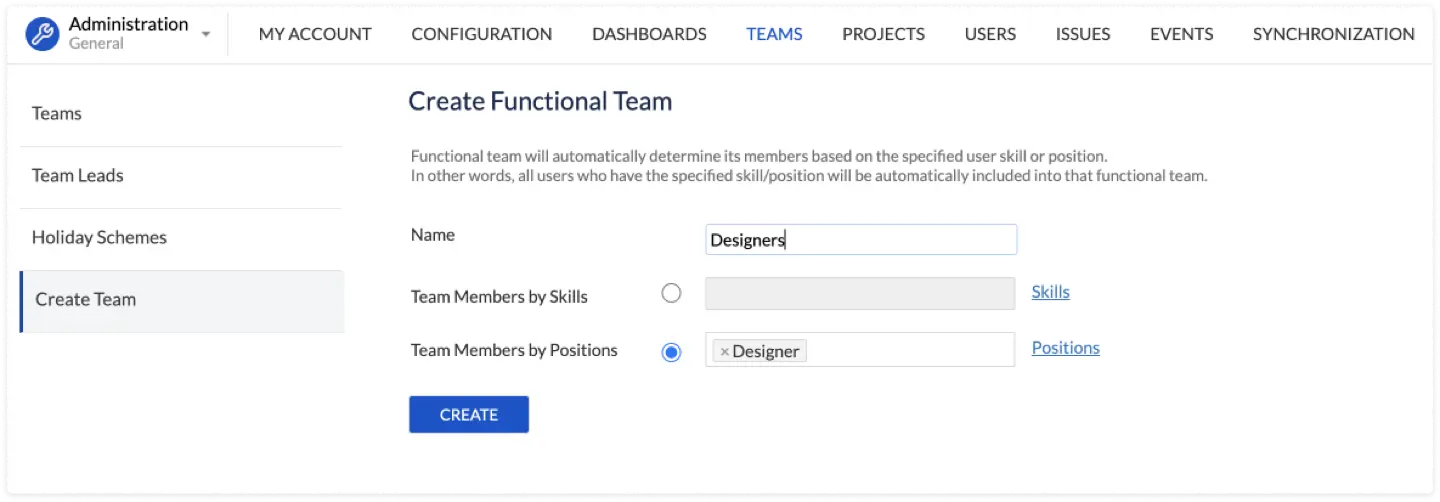
Step-by-Step: Building Your Location-Based Teams
Here’s how you can leverage ActivityTimeline to create efficient, location-based teams:
1. Tagging Users with Location Markers
The first step is to assign "Skills" to your users, treating these skills as geographic indicators.
- Access User Management: Navigate to
Configuration>Users. This section allows you to manage user characteristics, including skills and positions. - Assign Location Skills: For each user, add skills that correspond to their geographic location, such as 'US', 'Europe', 'APAC', 'ESTONIA'. ActivityTimeline allows you to create skills simply by typing them into the appropriate field.
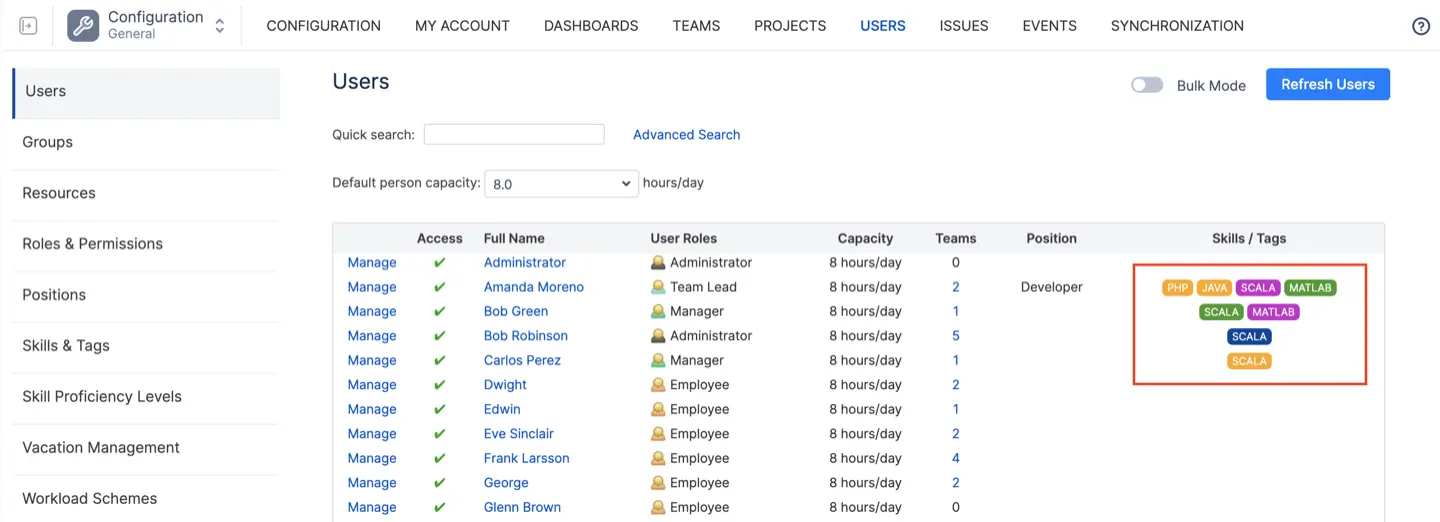
2. Creating Functional Teams Based on Location Tags
Once your users are tagged with their respective locations, you can create Functional Teams that automatically group these members.
- Navigate to Team Creation: Go to
Configuration>Teams. - Select Functional Team: Click on "Create New Team" and choose the "Functional (Dynamic) Team" option.
- Define Team by Skill: "Select the Skill or Position you want to use as the team's criteria ". In this case, select the location tag you just created (e.g., 'US').
- Create the Team: Click "Create". The system will then "automatically identify and add all users who match the selected skill or position to the team ".
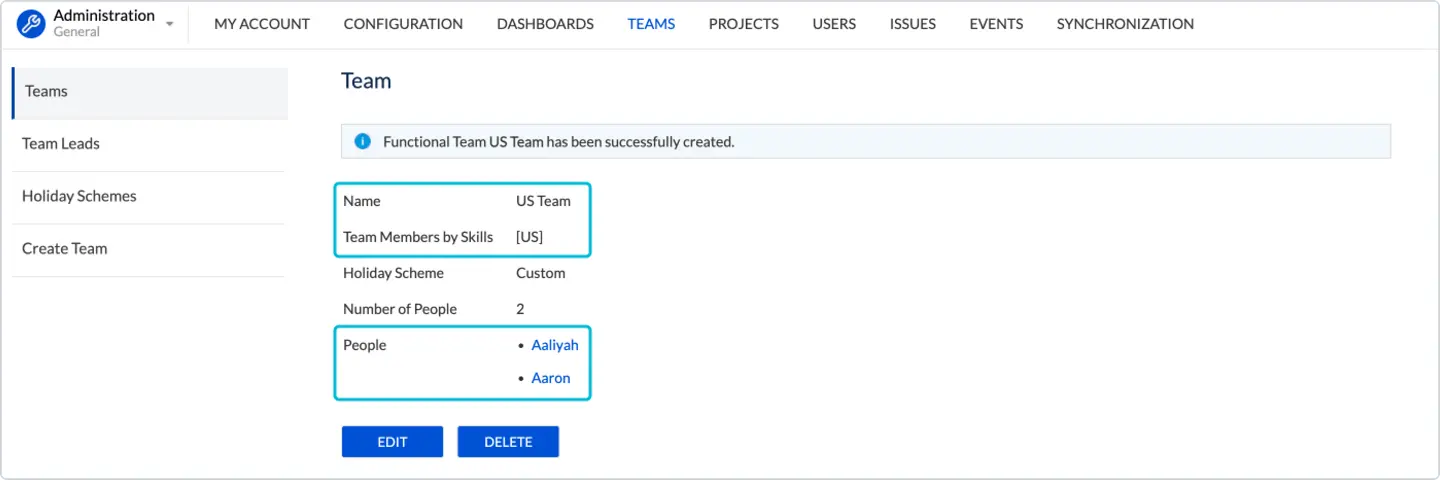
For example, to build a "US QA Team," you would ensure your QA specialists located in the US are tagged with both 'QA' (as a position or another skill) and 'US' (as a skill). Then, create a Functional Team based on these combined criteria.
3. Benefits: Streamlined Operations for Distributed Teams
This approach yields immediate and significant benefits:
- Quick Filtering and Visibility: In the Planner module, you can easily filter views by these location-based teams, providing instant visibility into regional workloads and availability. This is critical for understanding "total available & used capacity".
- Time Zone Aware Planning: When planning meetings or assigning urgent tasks, you can quickly see which team members are available within specific regional working hours, minimizing disruptive scheduling.
- Region-Based Reports: You can generate reports based on these location-based teams to analyze resource utilization, project progress, or worklogs specifically for a region. For example, "Reports can be generated based to see when people from specific position or skills set are available".
- Dynamic Team Composition: As team members change roles or locations, simply updating their 'Skills' in their user profile automatically updates their team memberships. There's "no need to manually edit team lists ". This is particularly beneficial for organizations with cross-functional roles or shifting geographic needs.
4. Managing Dynamic Team Composition
The beauty of Functional Teams lies in their dynamic nature. If a user's assigned skill (e.g., 'US') changes or is removed, their membership in the corresponding functional team automatically updates. This drastically reduces administrative overhead compared to maintaining manual "Classic Teams".
Next, ActivityTimeline understands that not all locations have the same working hours or holidays. You can set up "Workload Schemes" to match different work schedules, accommodating teams in various countries with unique working days or hours. For example, a full-time employee in one country might have different working hours than a colleague in another. Additionally, "Holiday Schemes" can be applied to specific teams or individual users, ensuring that local holidays are automatically accounted for in everyone's capacity, leading to more realistic planning.
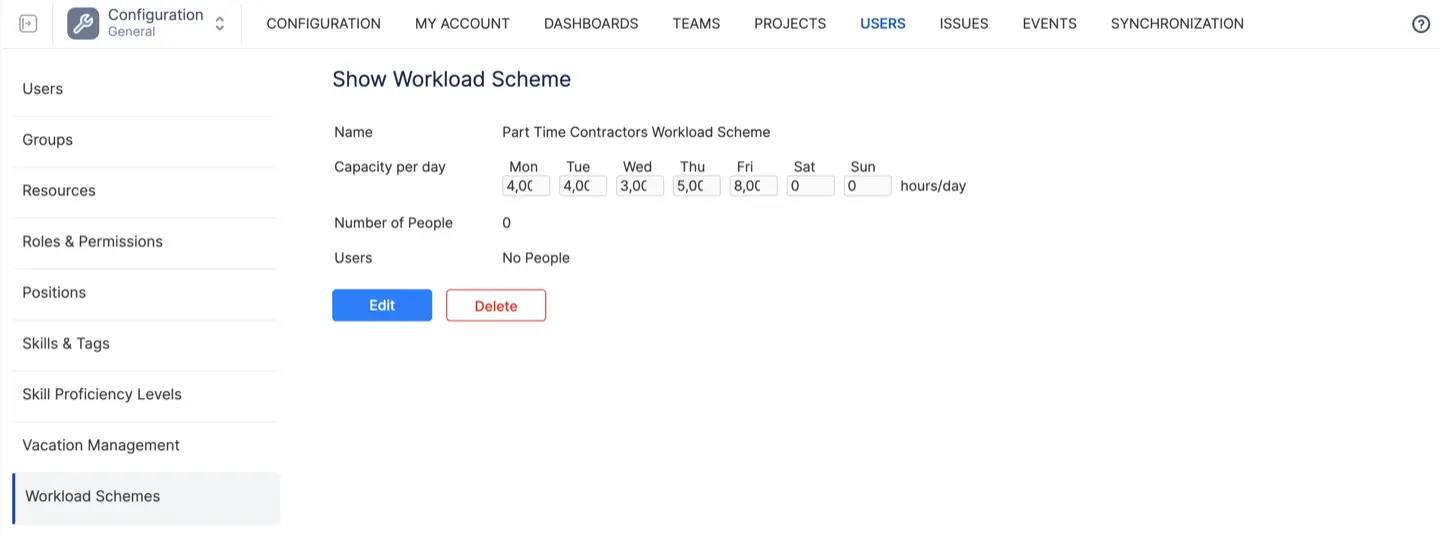
And when it comes to different time zones, ActivityTimeline has you covered. The workload indicator automatically adjusts to each user's local time. So, a project manager in one time zone can accurately see the scheduled tasks and workload of a team member in a completely different one. There's even an advanced setting that ensures logged work prioritizes the user's submitted time over the server's time, making time tracking accurate across the globe.
Finally, ActivityTimeline gives you a cross-project view. This means managers are not confined to a single project board; they can see everything their globally dispersed team members are working on across all Jira projects in one unified timeline. It also automatically displays tasks on user timelines using Jira Sprint Start and End dates, simplifying planning for agile teams no matter their physical location. With ActivityTimeline, managing a global workforce becomes clearer and more efficient, helping ensure that no one is overloaded and all projects stay on track.
{{rich-cta-2}}


